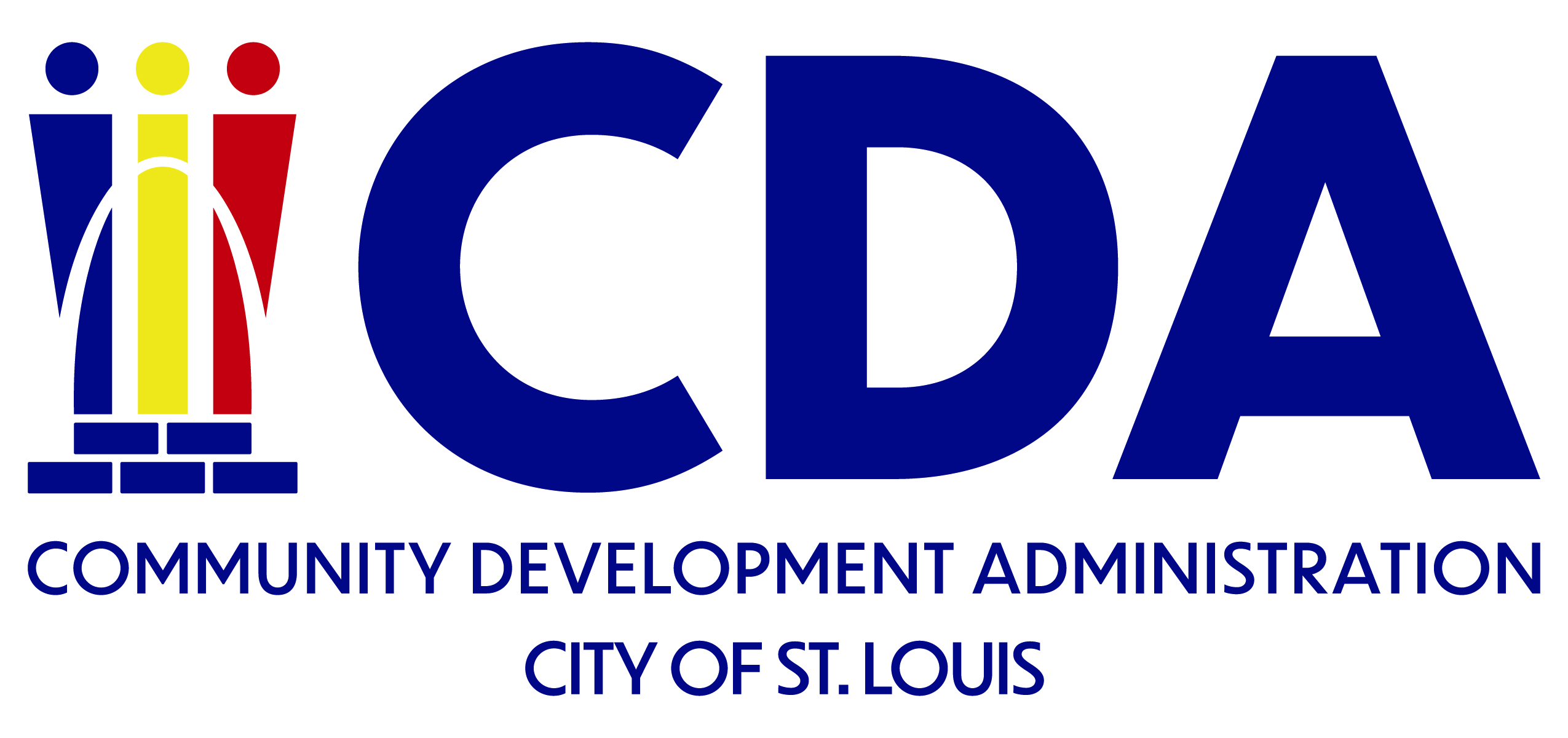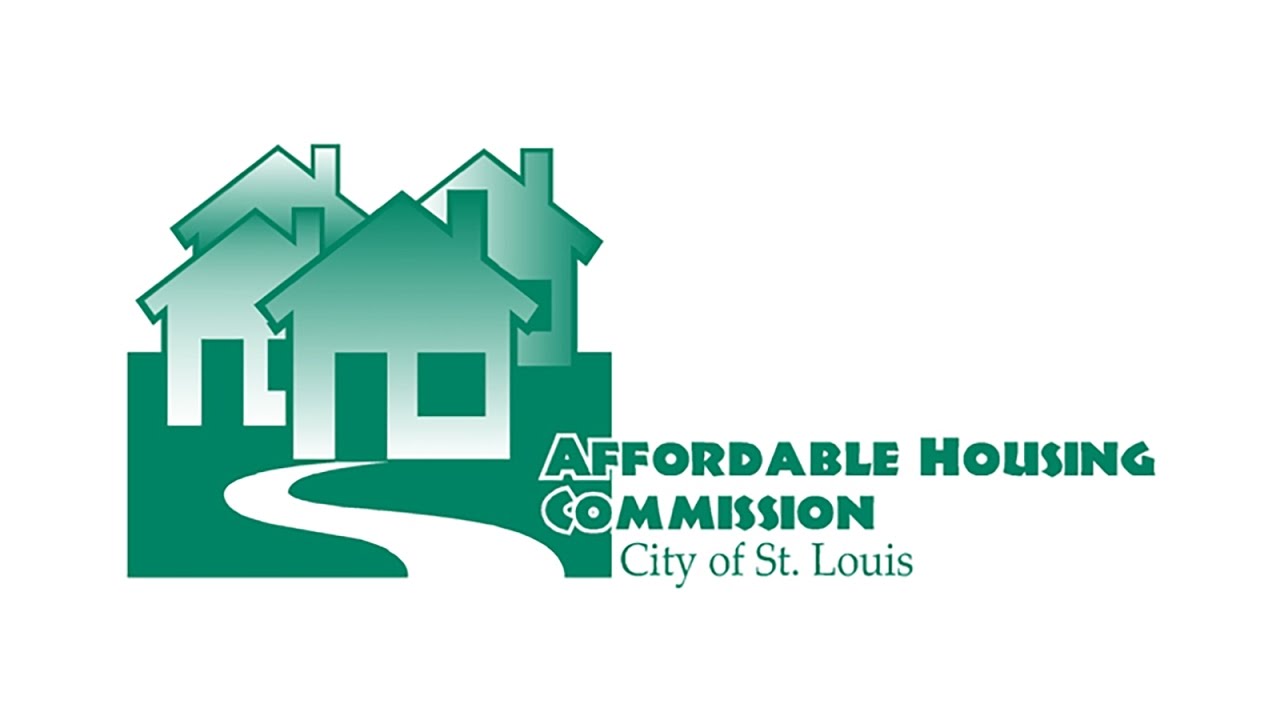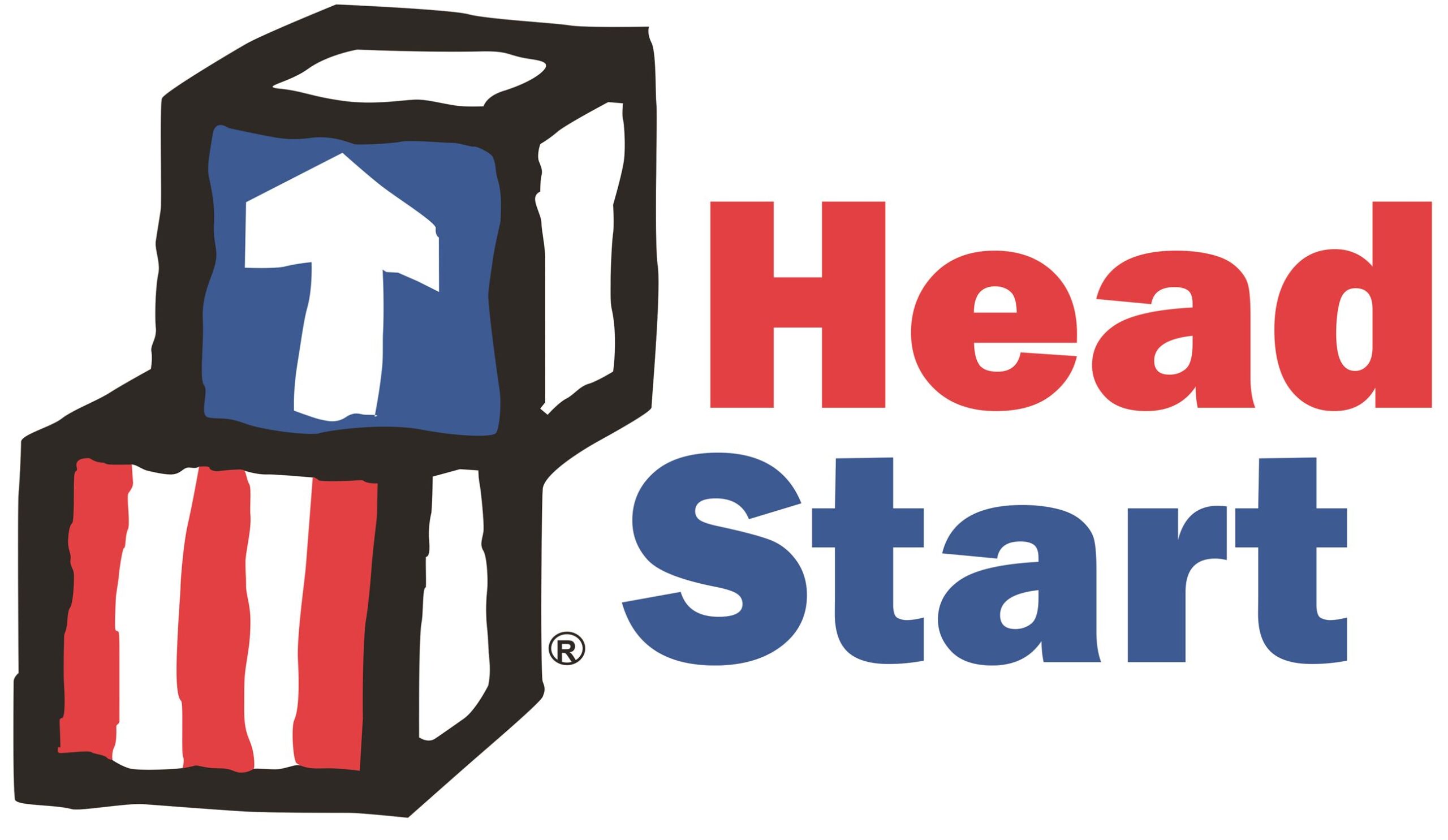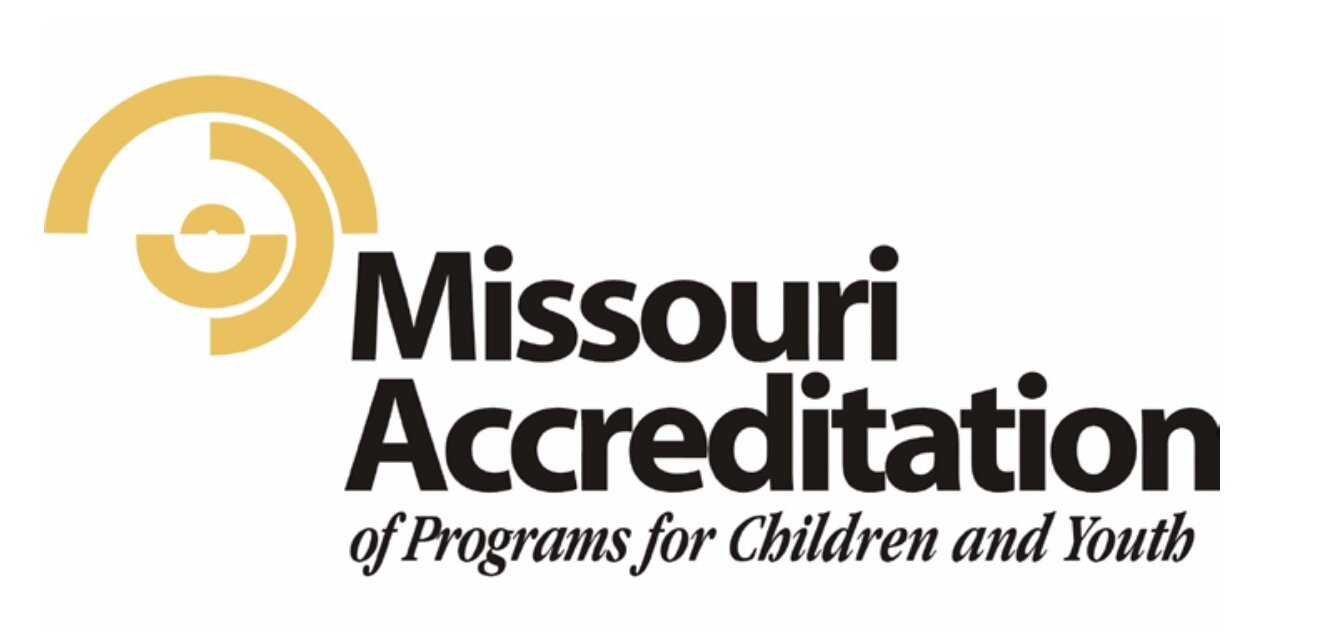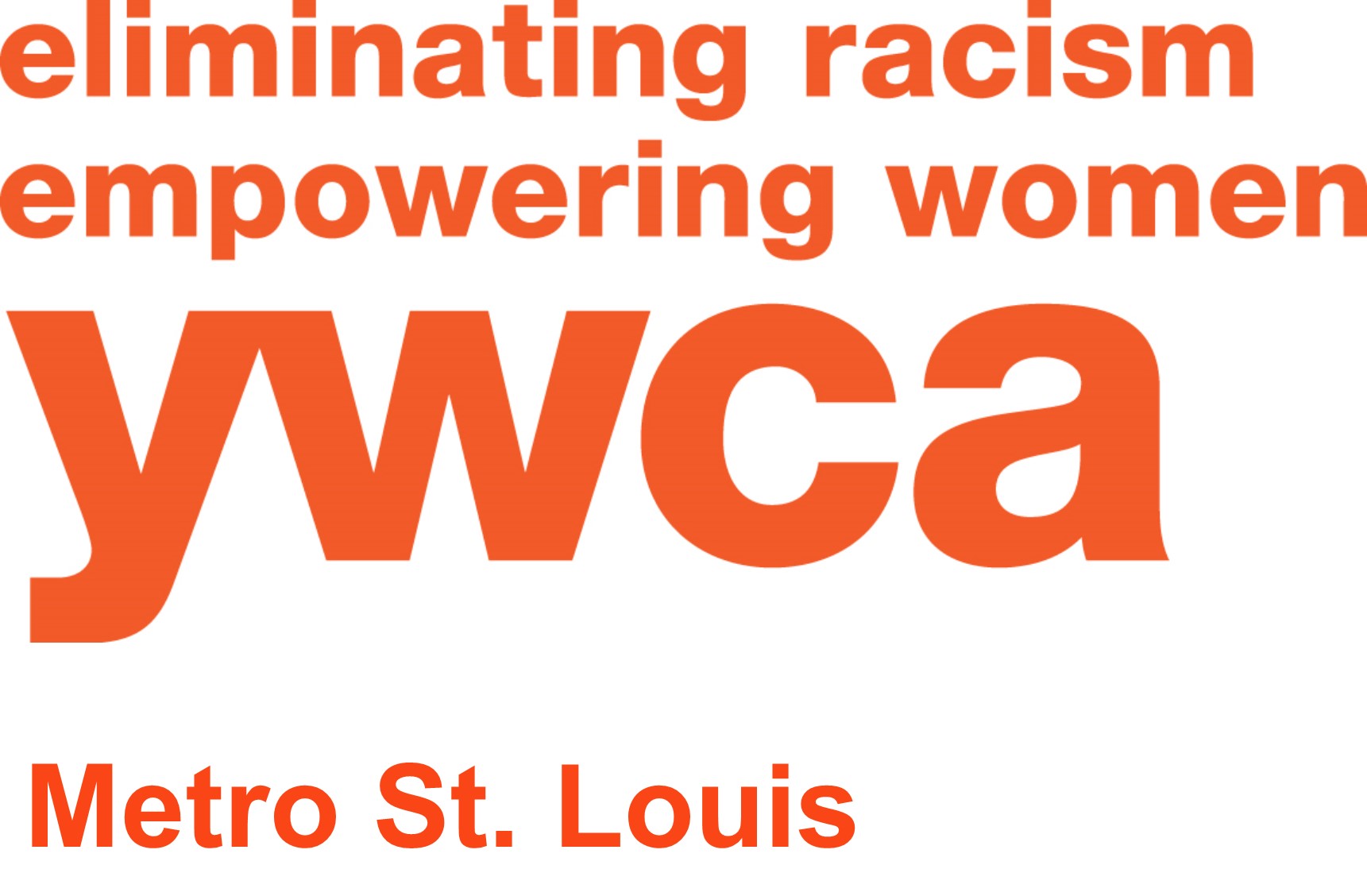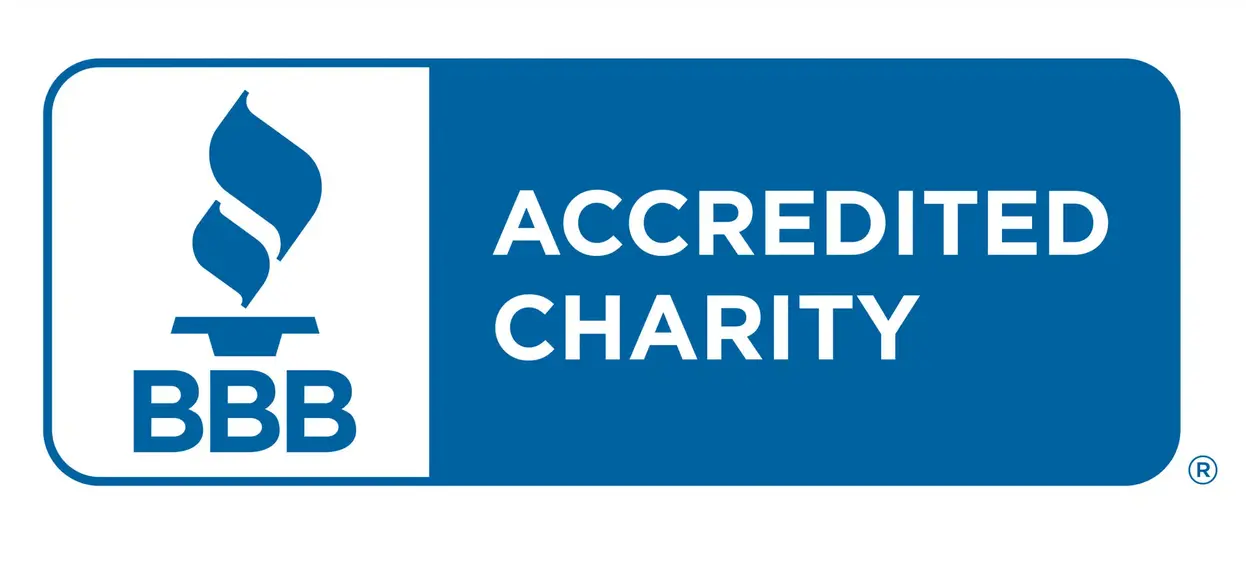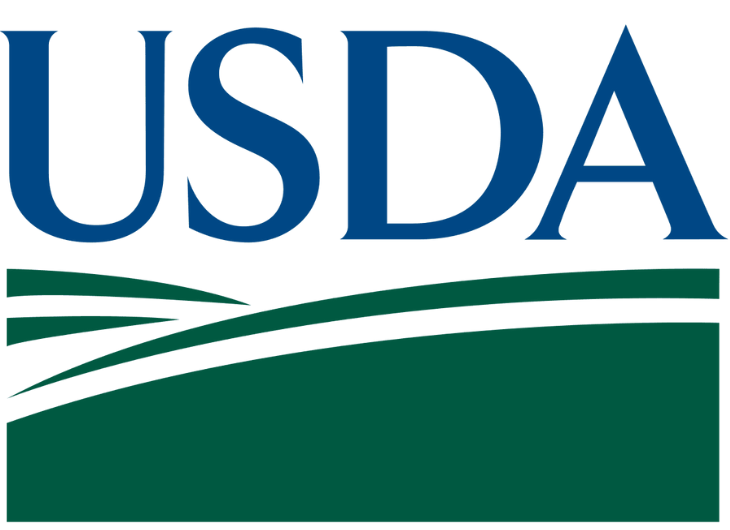Our organization is known around the community to be there to give people a “hand up,” not a hand out, when they need it. We recently spoke with someone who offers this help to our neighbors every day, Guardian Angel Community Services Coordinator Stephanie Betts.
Read this recent interview with Stephanie to learn what being a neighbor means to her, why our services are so critical in the community, and how you can get involved.
Tell us about your background, what was your first encounter with Guardian Angel like and how did that come about?
I’ve been here almost three years. Before this, I ran a textile pantry for a nonprofit out of Belleville, Illinois, which carried clothing, housewares and furniture for families who had recently experienced some kind of disaster in their life, like a natural disaster or a personal sort of crisis. We ended up opening a thrift store and textile pantry about four doors down from where Guardian Angel is today.
I found out that Guardian Angel was looking for a new food pantry manager and I just realized that, personally, I would have a little greater impact running the food pantry than I was running the textile pantry for a small nonprofit. Additionally, at the time I lived about nine blocks from here, so this is my neighborhood, these are my neighbors, these are my people, and Guardian Angel was a great fit for me.
What initially sparked your passion for service?
I got involved with several student organizations at the last university I worked for, Fontbonne University. I just realized there was an awful lot of need out there and somebody had to address it. The university was founded by Sisters of St. Joseph of Carondelet and their founding principles are based around the concept of ‘dear neighbor.’ On a macro sense, everybody is your neighbor, but on a micro level it’s your community, it’s the people you live and work with, and see every day. For me, the concept that those people are in fact “dear” and not just folks that happen to occupy the same planet or city as us, was really powerful. I think I had sort of a core philosophical shift in how I viewed the people around me.
So, I started getting into activism and social justice work, and that led me to that little nonprofit in Belleville, then a little nonprofit in St. Louis. That concept of ‘dear neighbor’ really, really touched me and I haven’t been able to get it out of my head since.
How can people volunteer with Guardian Angel’s social services?
There are a couple ways to do this. First of all, the sales from Angel Boutique support all Guardian Angel’s programs. Once we find a store manager, the resale shop will reopen and that can be a place where people can volunteer.
Next, if you’re a professional in this neighborhood and you feel like you’ve got a valuable skill you can offer in terms of self-sufficiency, you’ve got the right credentials and you’d like to teach a class, we’d love to have you. We do work with a bunch of organizations, such equal housing, the local credit union, food classes, who provide most of our programming, but if there’s a self-sufficiency program you feel you can offer as a community citizen or GASA supporter, please apply.
As for people volunteering in the food pantry, this is a delicate thing because we’re trying to preserve the dignity and privacy of our clients. Plus, there’s a process to this, so it’s not the easiest thing to just jump into. We’re always grateful for those who want to lend their time, but we’ve found that volunteer efforts for our pantry tend to be best suited with groups of volunteers who are willing to help with organizing, stocking and cleaning pantry items.
If the food pantry didn’t exist, how would the community be affected?
We’re in Gravois Park, where the median family income is significantly lower than in other parts of St. Louis. Systemic poverty is nasty, it’s pervasive, and almost impossible to climb out of or live your best life if you’re starting your day hungry or going to bed hungry.
We said, ‘in 2018, we had 372 families who participated in the food pantry, which translates to 724 individuals over the course of a year, and over 1,600 pantry visits. So when you are getting 1,600 pantry visits and we’re feeding families for a week, that’s an awful lot of food. For those 372 families, it means maybe they don’t have to pay for that every day. And, to me, that’s important work.
There’s a hierarchy of needs to even start out in life- air, shelter, food, water- so I think the work that we do really addresses those basic needs and allows people to look beyond that. These really are the first steps on the path to possible, you really need these things before you can focus on anything else. Without our support, those families would certainly have a lot less hope, but I think that’s what we do- we help shore up people, and we’ve certainly been doing it for long enough that we’re a pretty trusted organization for those families. We’re there for them.
What types of valuable workshops and classes does Guardian Angel’s social services offer? How are those classes decided upon?
We are partnering with programs that offer some pretty vital information to to our clients. A lot of our clients are unbanked, so we partner with a local nonprofit, St. Louis Community Credit Union, to provide education around banking services. We partner with Operation Hope, which is out of the St. Louis Office of Financial Empowerment, which is a whole financial program designed around boosting people’s credit rating. We partner with Operation Food Search and University of Missouri Extension to provide nutrition classes and classes around food budgeting.
We also do seasonal programming around the holidays, which includes topics like ‘holiday cooking on a budget,’ or ‘holiday favorites made healthy.’ Every year we work with the St. Louis Crisis Nursery to talk about stress management for families, particularly around the holidays. When we see partners that offer relevant programming, we try to offer it to our clients.
What experiences have you had with clients that really serve as a testament to how critical the social services are for the community?
I have people that walk into the pantry a couple of times a week and say they’ve got no food in the house. We’ve also got seniors who come in every month and their diets are poor. People come in and are suffering from all of kinds of different diseases of poverty – obesity, type 2 diabetes, congestive heart failure – that traditional pantries tend to exacerbate. A lot of the pantries just give their clients a box of food, which are often filled with carbohydrates, salt, fat, things like that.
The benefit of our client choice pantry, is that it allows families to shop for the items that they’re actually going to use, which means we’re not just handing out the same stuff that they may already have at home, without anything to pair it with. Also, the quality of food stands out because there are always fresh fruits and veggies, fresh breads, and meat choices. I think people are thrilled when they enter Guardian Angel’s food pantry because it’s clean, well-lit, organized and they have excellent choices. I know that our presence in the community improved the lives of the 372 families we saw in 2018.
How does Guardian Angel try to maximize the impact of its social services? What things would further that impact?
We could always use more donations and more volunteers to further our impact.
If a family is suffering from food insecurity, there’s usually a connection between that and utility problems, or issues with a landlord. There are a lot of organizations who just do food pantry services, or just do utility assistance, and chasing down all those different services can be exhausting. So, I think having all those services in one place will make that self-sufficiency planning so much easier and will help volunteer programs, as well. In the new building we’ll have a parking lot and we’ll be more visible because we’re on a bus line. We’re looking at a far more impactful 2019 with this new social services center.




